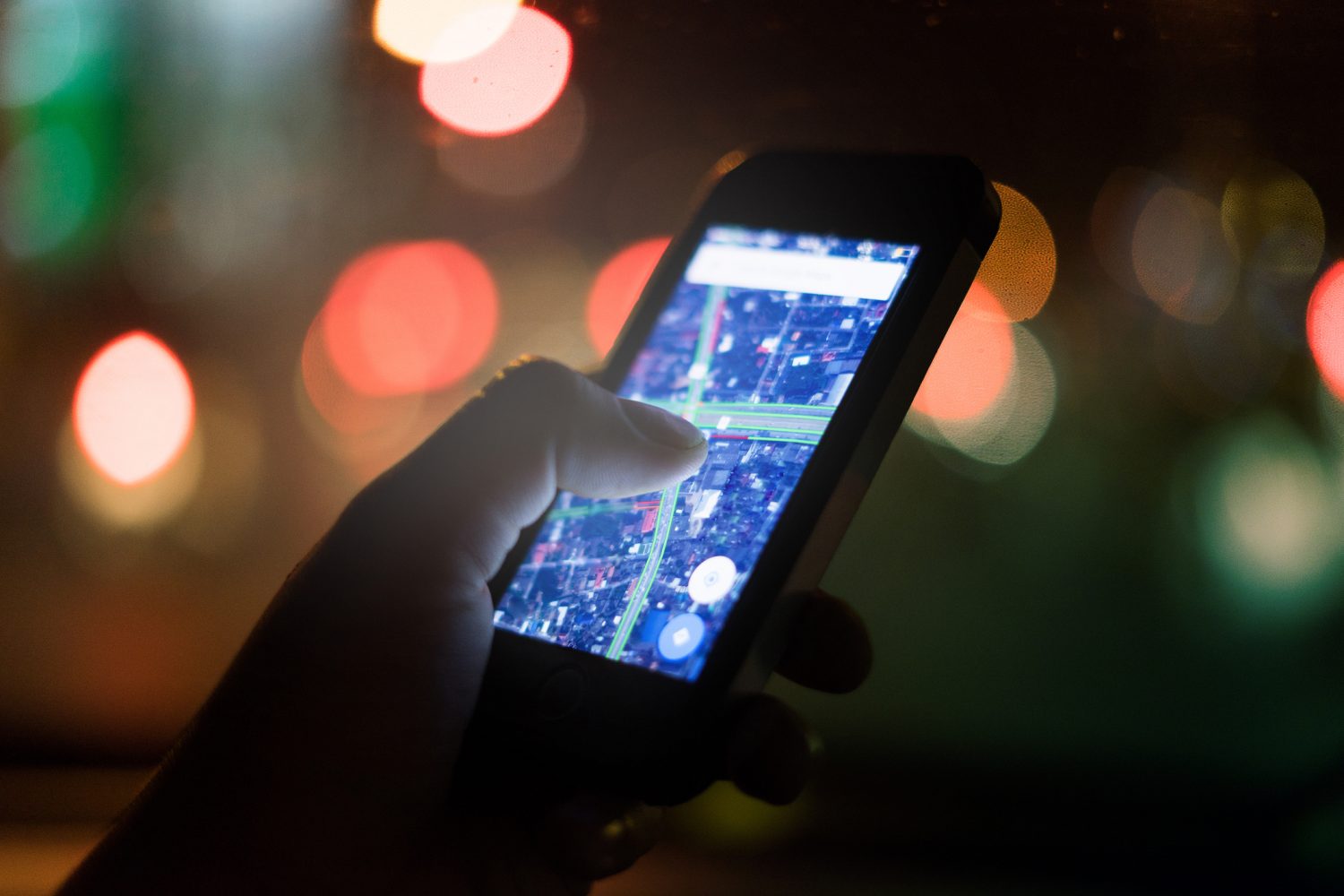IT can be very tempting to stay tethered to our smartphones when travelling and to photograph every single interesting thing we see.
However, new research has shown we could be giving ourselves a case of “digital amnesia” and ruining our chances of creating long-lasting memories. The idea was explored by Professor Charles Spence of Oxford University who found that around half of people suffered from the condition, becoming reliant on their electronic devices to preserve their memories. “’Digital amnesia’ is basically the name for the phenomenon that simply pressing a button and taking a digital snap creates a very limited record of an experience,” he told Lonely Planet. “We may think that we are creating a memory that will last, but really we don’t have to process what we are looking at, and hence we don’t lay down the rich multi-sensory memories that will last.”
Prof Spence said taking digital pictures tended to concentrate our minds only on what we see – while missing out on things like smell, sense, and touch. He explained: “this is really problematic as far as our holiday experiences are concerned, because we may be too busy getting the perfect shot to share on our social media feed, without really living the rich multi-sensory experiences that we are immersed in. “We may fail to engage with the smells, textures and feel, and unusual tastes that we will hopefully be experiencing when on an exotic holiday.”
Fortunately, there are some solutions including trying to focus on all of the sensations that we experience, and not just the visual. “After all, it is scents that are amongst the most effective cues at triggering our memories,” he said. “So if we can really process the scents and aromas while we are on holiday then we can likely use them once we have returned home to relive the experience.” Another useful trick is to bring a sketch pad and make drawings (even if you’re not much of an artist). “Sketching makes us think more carefully about what we are seeing and how we are going to portray it,” said Prof Spence.
The research also looked at how a person with synaesthesia – a condition where sensory experiences can evoke other seemingly unrelated sensory reactions – experience travel. You can watch this clip to see how synaesthetic artist Philippa Stanton used sounds, smells, and tastes to create paintings while visiting a beach resort.
Source: Put your phone down to help create long-lasting memories













